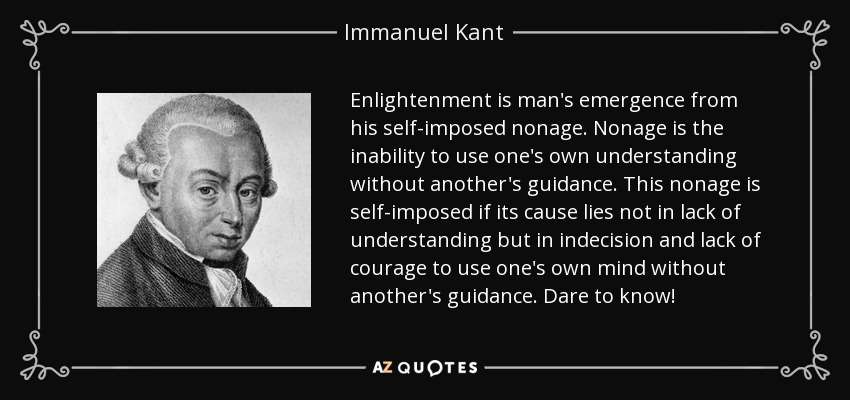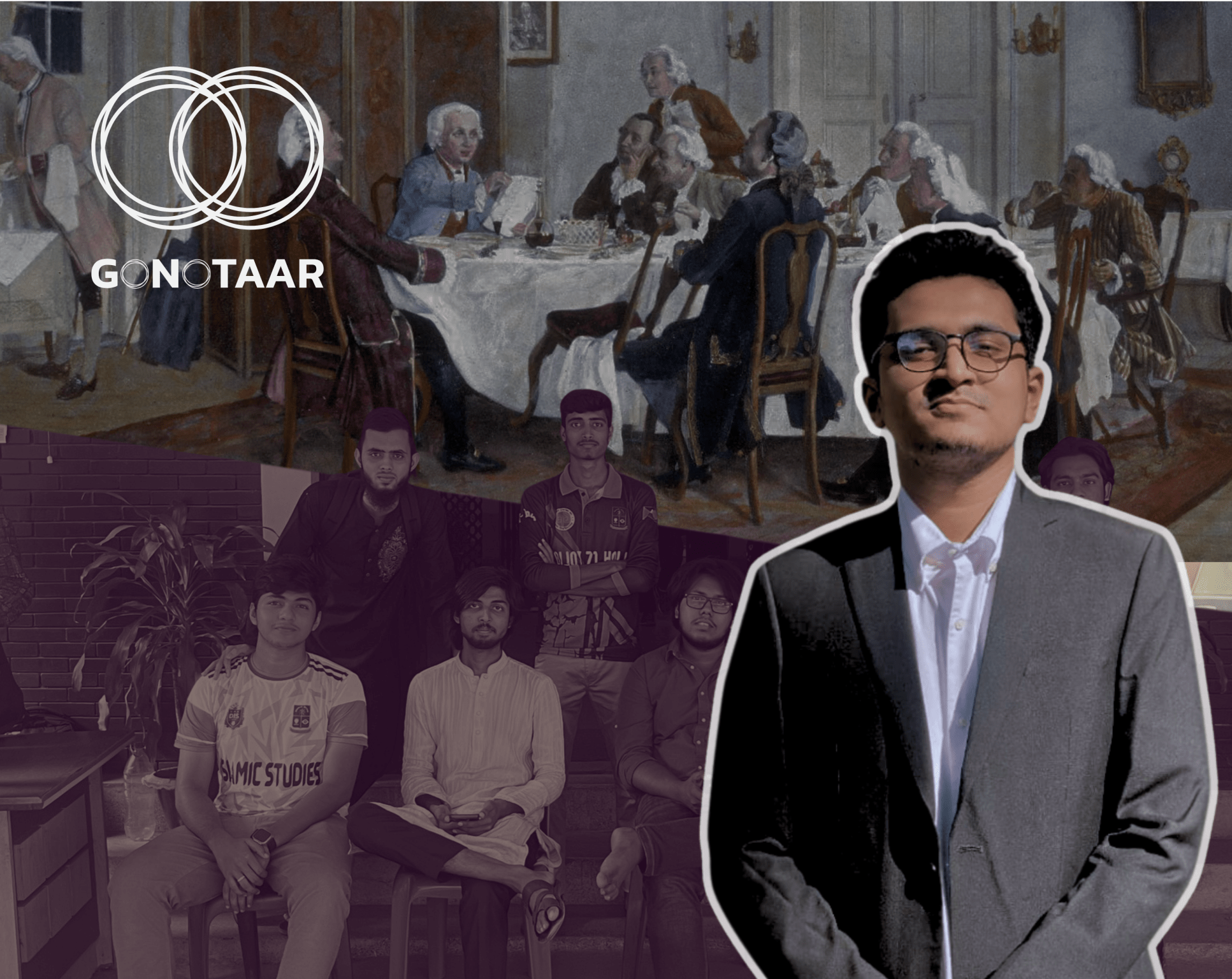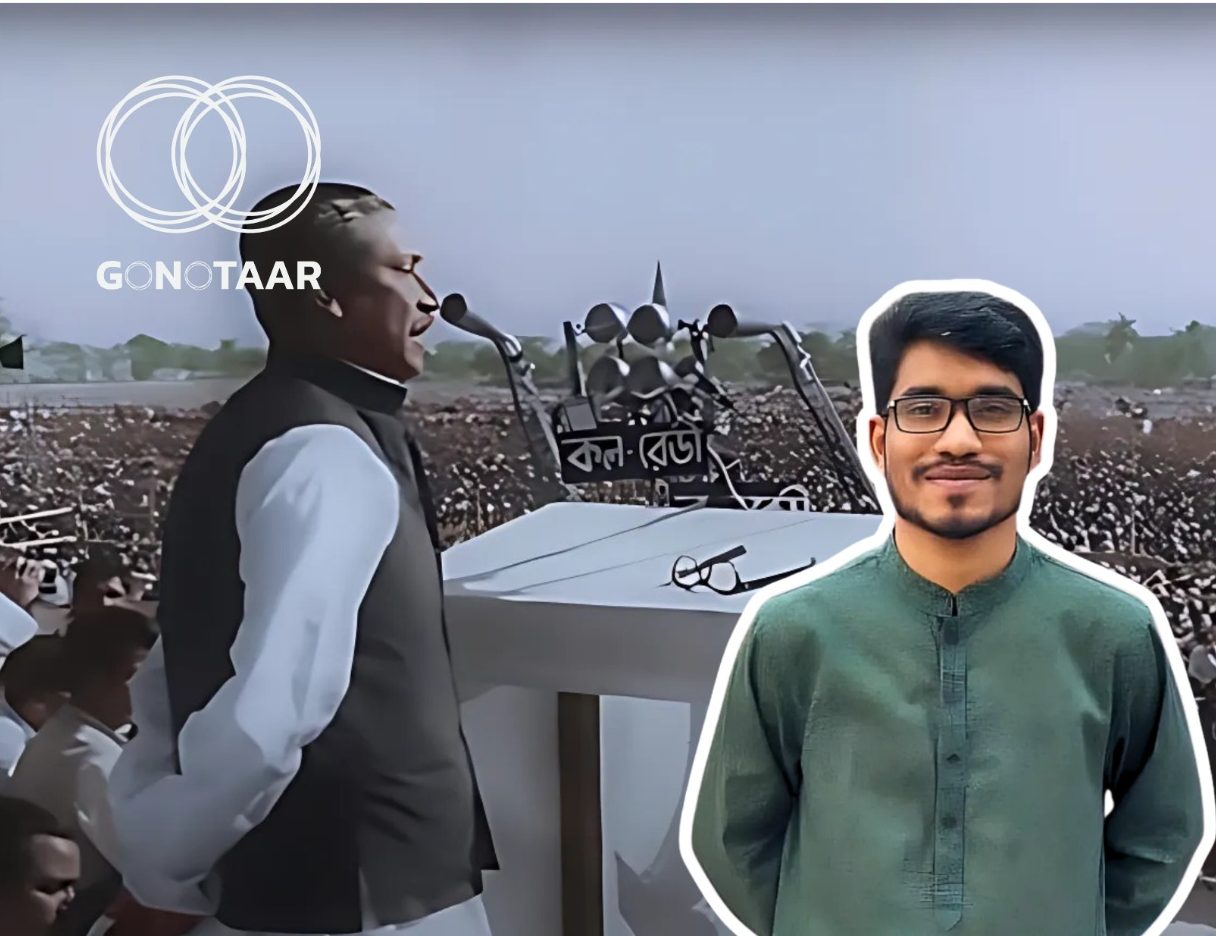By Siam Al Zaki
The New Elitism
The recent ‘outsiders not allowed’ controversy at Dhaka University starkly exposed the cruel reality of elitist behaviour among some students and elected representatives. It seems like many young people of Bangladesh after the mass uprising situation are in a very much ‘ enlightened ‘ period of their life. An enlightened mindset is beneficial, but we must be cautious about the Enlightenment’s unintended side effects.

Defining the Enlightenment
Now, this enlightenment period was primarily a European phenomenon where, due to various discoveries and new ideas, humans were gradually able to establish control over nature. Its journey was long, and various thinkers said it was actually maturing people and making them thinkers. Like as Immanuel Kant began his essay “What is Enlightenment” this way, “Enlightenment is man’s emergence from his self-imposed immaturity. Immaturity is the inability to use one’s understanding without guidance from another. This immaturity is self-imposed when its cause lies not in lack of understanding, but in lack of resolve and courage to use it without guidance from another. Sapere Aude! “Have courage to use your own understanding!” that is the motto of enlightenment.”

The Silent Curse
From then Many believe that the Enlightenment was a great leap forward for humanity the age when reason triumphed over ignorance and science replaced superstition. But in truth, the Enlightenment also carried within it a silent curse. It separated human beings from nature and convinced us that we were masters, not participants, in the natural world. The belief that “man can control nature” became the foundation of modern arrogance.This excessive confidence in human reason and invention gave rise to a new kind of pride the illusion that progress has no limits. Science and technology became tools not only of discovery but also of domination. Humanity began to see nature as a machine to be engineered, not a living system to be respected. This mindset, while producing great inventions, also led us down a dark path to industrial exploitation, colonization, and ultimately to the world wars. Thinkers like Rousseau and later critics of modernity warned that Enlightenment reason could become its own form of tyranny a tyranny of cold logic without compassion. Humanity’s faith in pure rationality made it blind to the emotional, spiritual, and ecological balance that sustains life. Today, as we face climate crises and moral disconnection, we are forced to question whether the Enlightenment truly enlightened us or whether it simply lit the fire of our self-destruction. Perhaps true wisdom lies not in dominating nature, but in remembering that we are part of it. The real task now is to reconcile reason with humility, progress with care, and knowledge with the awareness of our own limits. Only then can we escape the despair that our own “enlightenment” has brought upon us.


A Colonial Legacy
A large part of the post-uprising student community in Bangladesh seems to be living in the hangover of this European Enlightenment. Where by doing something new, they think they own everything in the world and that they will determine everything. The most interesting thing here is that the European enlightenment was also indirectly the birth of the colonizers. And Bangladesh stands on a colonial mindset and administrative foundation. Therefore, it is not surprising to see the manifestation of the mentality of the current young society of Bangladesh.The education system in Bangladesh that has shaped the minds of most of today’s youth is also a copy of the colonial version. So we can say that, The roots of such a mentality are very deep. You guys surely remember that Tofazzal of Dhaka University, who was brutally killed by the so called talented students! Looking at what is happening now, starting from that event following the popular uprising, only one note by Dostoevsky comes to mind,
“Well then, eliminate the people, curtail them, force them to be silent. Because the European enlightenment is more important than people.”
— Fyodor Dostoevsky, Notebooks for The Brothers Karamazov




